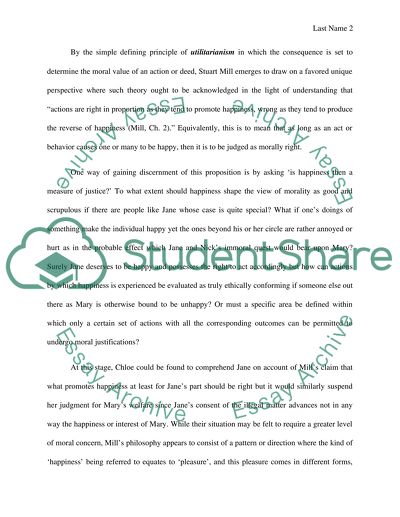Cite this document
(“Mill's Ethics Essay Example | Topics and Well Written Essays - 1000 words”, n.d.)
Mill's Ethics Essay Example | Topics and Well Written Essays - 1000 words. Retrieved from https://studentshare.org/philosophy/1468158-mill-s-ethics
Mill's Ethics Essay Example | Topics and Well Written Essays - 1000 words. Retrieved from https://studentshare.org/philosophy/1468158-mill-s-ethics
(Mill'S Ethics Essay Example | Topics and Well Written Essays - 1000 Words)
Mill'S Ethics Essay Example | Topics and Well Written Essays - 1000 Words. https://studentshare.org/philosophy/1468158-mill-s-ethics.
Mill'S Ethics Essay Example | Topics and Well Written Essays - 1000 Words. https://studentshare.org/philosophy/1468158-mill-s-ethics.
“Mill'S Ethics Essay Example | Topics and Well Written Essays - 1000 Words”, n.d. https://studentshare.org/philosophy/1468158-mill-s-ethics.


